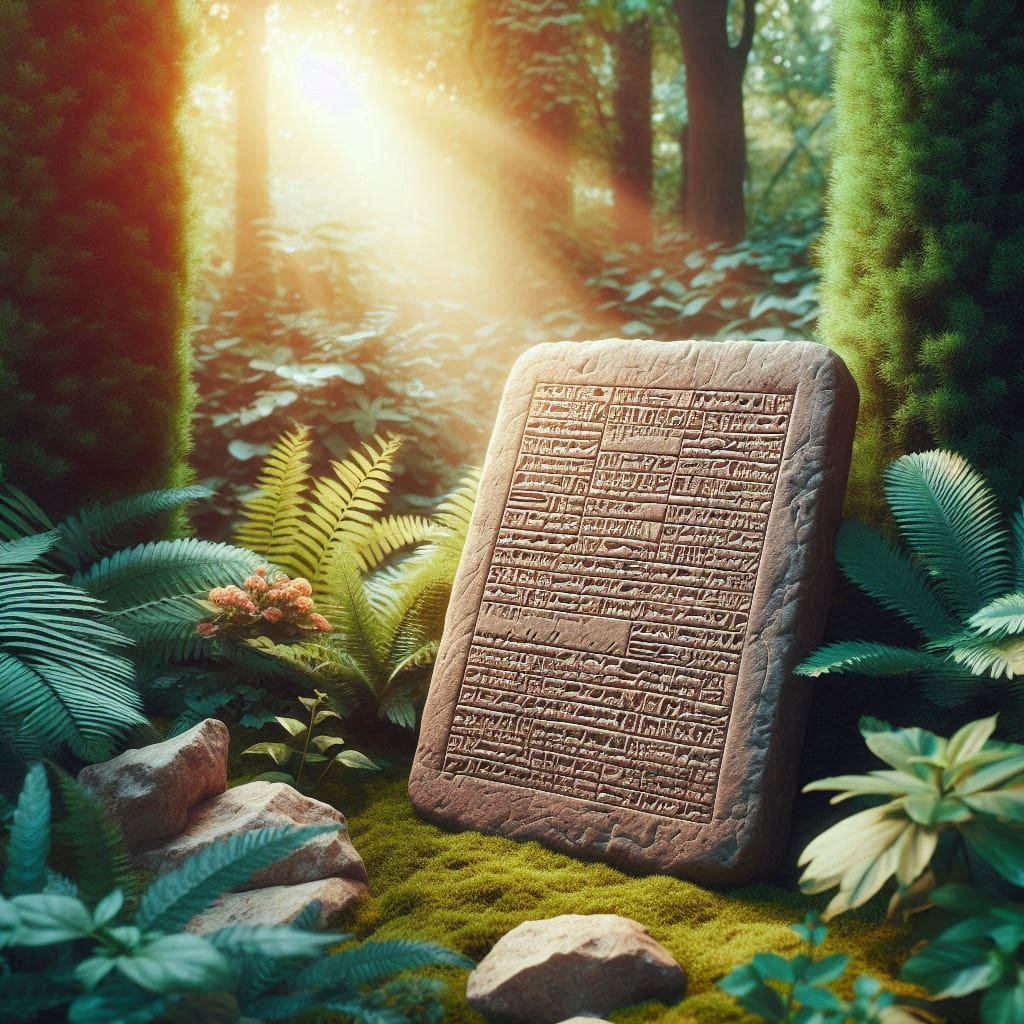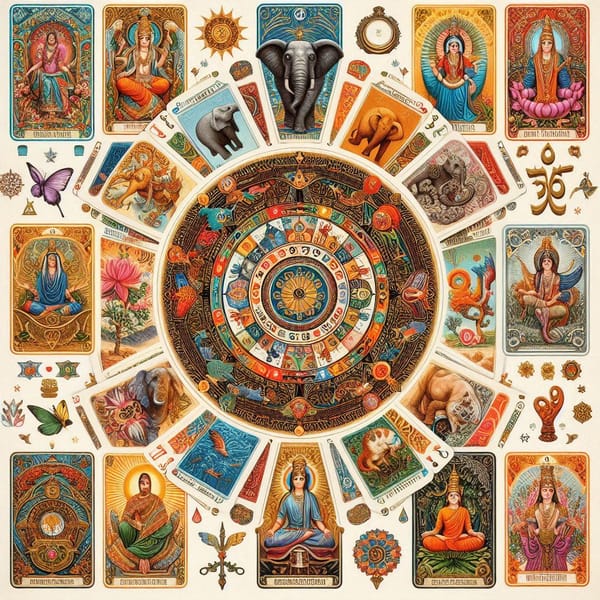The Seven Tablets - Divine Hymn of Exaltation: Unveiling the Seventh Tablet of the Enuma Elish
Explore the Seventh Tablet of the Enuma Elish: a hymn of exaltation and praise, capturing the divine qualities and creative powers bestowed upon the gods. #occultsanctum #EnumaElish #Marduk #BabylonianMythology #CosmicOrder #AncientLegends #DivineVirtues

The Seventh Tablet of the Enuma Elish presents a soaring litany—a hymn of exaltation and praise that captures the divine qualities and manifold names of the supreme deities. Unlike the earlier tablets that recount cosmic battles and the ordering of the heavens, this final tablet celebrates the eternal virtues and creative powers bestowed upon the gods, ensuring that their deeds and attributes are remembered for all time.
A Celestial Chorus of Praise
The tablet opens with a series of invocations that extol the divine forces responsible for life and growth. Deities are addressed by a cascade of honorifics:
- “O Asari, Bestower of Planting” and “Creator of Grain and Plants” evoke the nurturing aspect of divinity—the power to make the green herb spring forth and to foster life on earth.
- “O Asaru-alim, Founder of Sowing, Who Abounds in Counsel” reminds us that wisdom and guidance are as essential as physical sustenance. In these early lines, the gods are not merely powerful—they are intimately involved in the very process of creation and regeneration.
As these praises resonate, the gods themselves are depicted as falling into awe and reverence. Their homage is not only an expression of gratitude but also a recognition of the supreme order that these deities have established in the cosmos.
The Multifaceted Deity: Tutu and His Many Epithets
At the heart of this celestial hymn is a deity known by the name Tutu, celebrated through a series of epithets that highlight his various roles:
- Zi-ukkina, “the Life of the Host of the Gods,” emphasizes his role in sustaining divine life and order.
- Zi-azag, “the Bringer of Purification,” and Aga-azag, “the Lord of Pure Incantation,” underline his power to cleanse and renew, a force that even purges the evils that might threaten the divine realm.
- As the “Quickener of the Dead” and the one who “removed the yoke from the gods’ enemies,” Tutu is portrayed as both a liberator and a restorer—a deity whose benevolence grants mercy and whose actions ensure the continuity of divine favor.
The text further reveals that through his merciful acts, Tutu created mankind—not as an end in itself, but as a means to offer forgiveness to the gods. In this way, the tablet weaves a profound connection between divine benevolence and human existence.
An Enduring Legacy: Commandments for Mankind
The liturgical hymn of the Seventh Tablet is not solely for the gods; it is a message meant to be preserved and passed down through the ages:
- The gods urge that these sacred names and deeds be held in eternal remembrance, taught by fathers to sons, and recited by the wise, the shepherds, and the pastors.
- They proclaim that a man should rejoice in Marduk, the Lord of the gods, for his command is unalterable and his word stands as an eternal law. Through this declaration, the tablet bridges the divine with the mortal realm—affirming that prosperity, fruitful lands, and enduring legacy are the rewards for those who honor these eternal truths.
In this way, the Seventh Tablet functions both as a hymn of praise and a divine charter—a sacred instruction for mankind to remember, revere, and celebrate the supreme powers that have shaped the cosmos.



